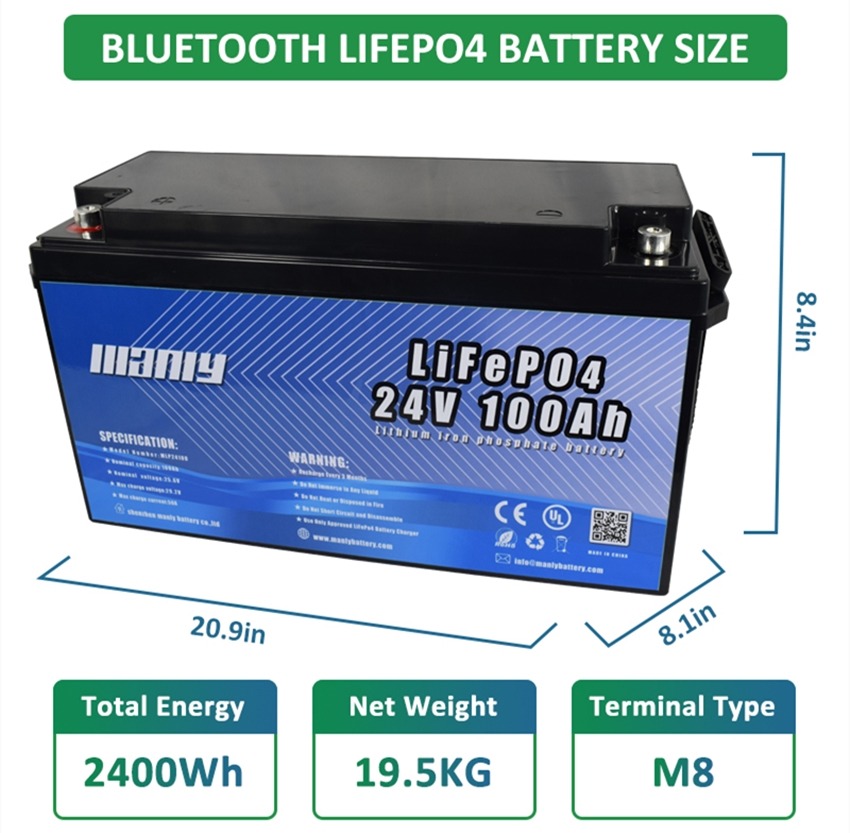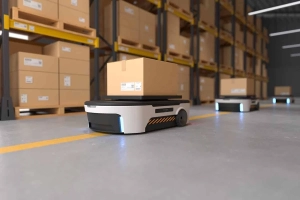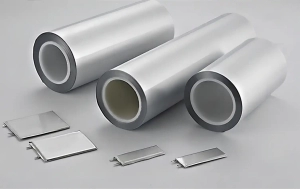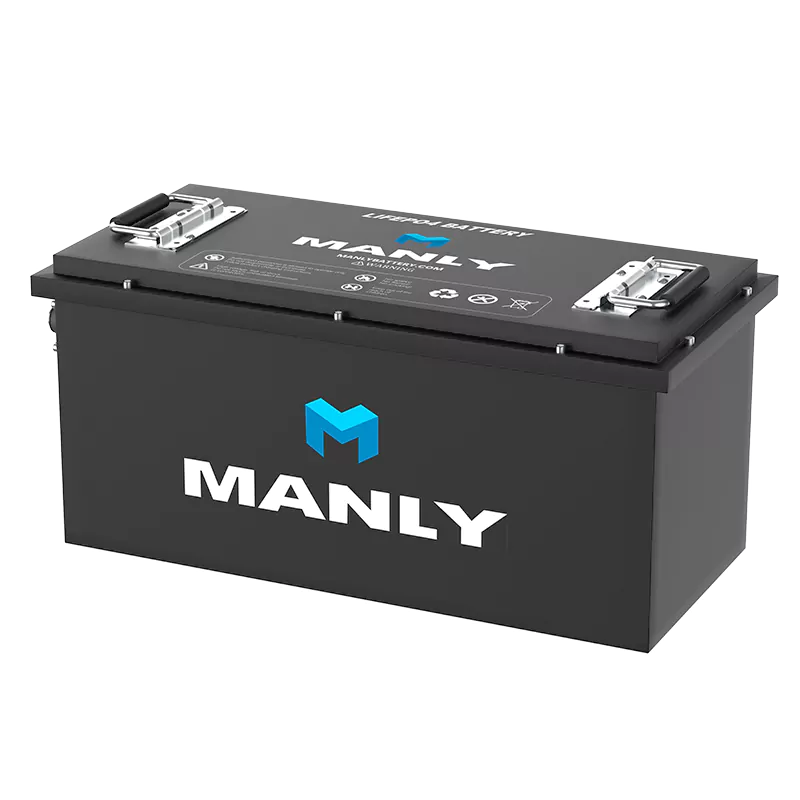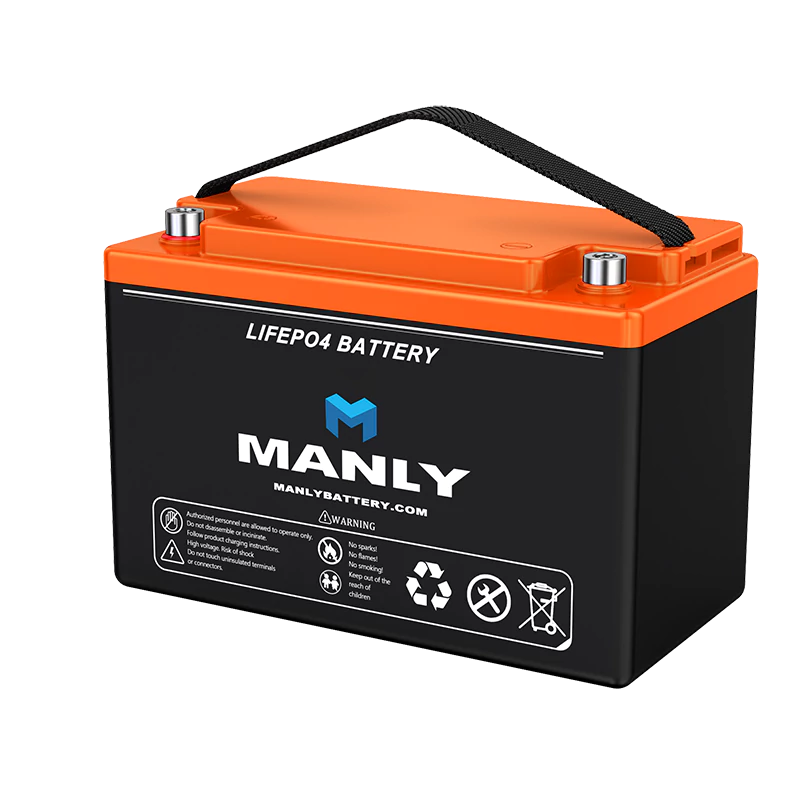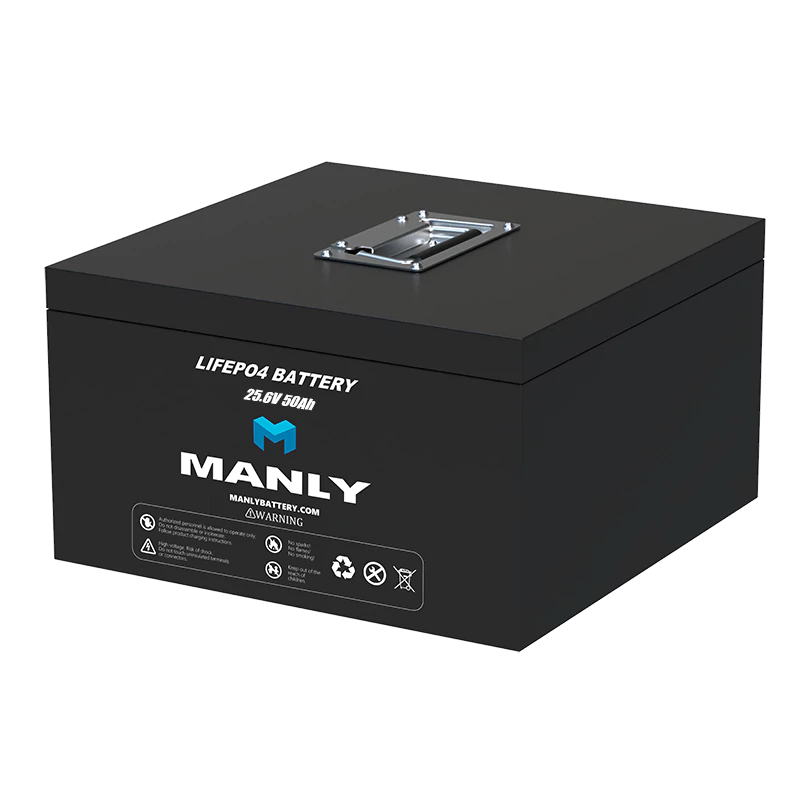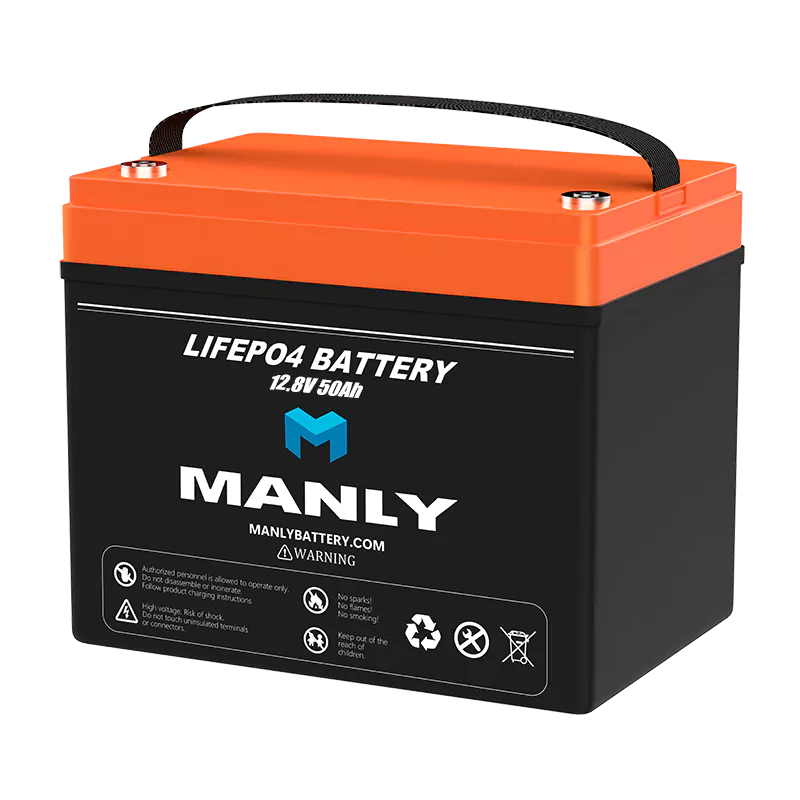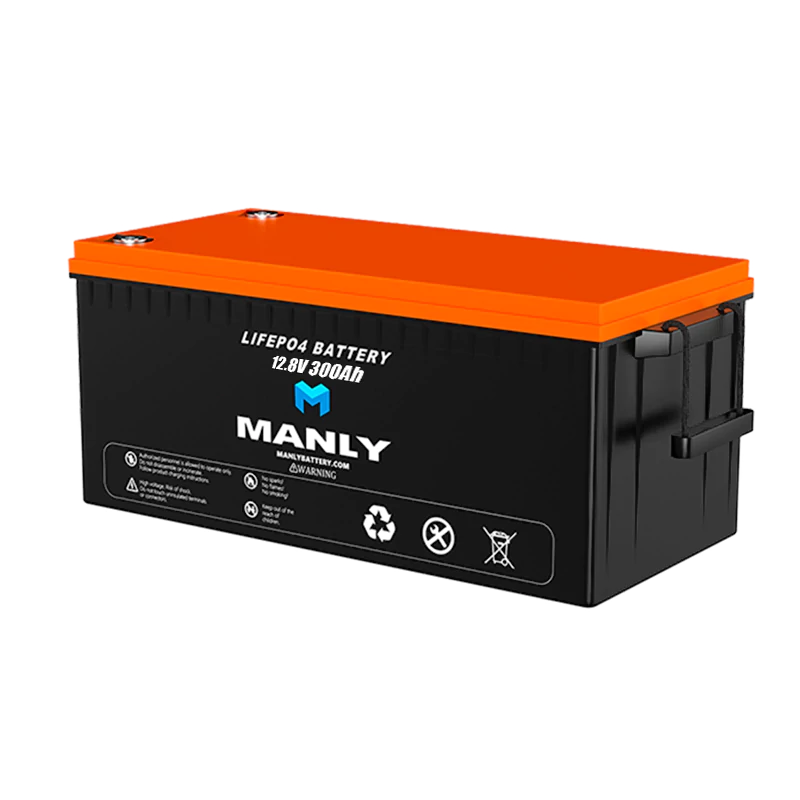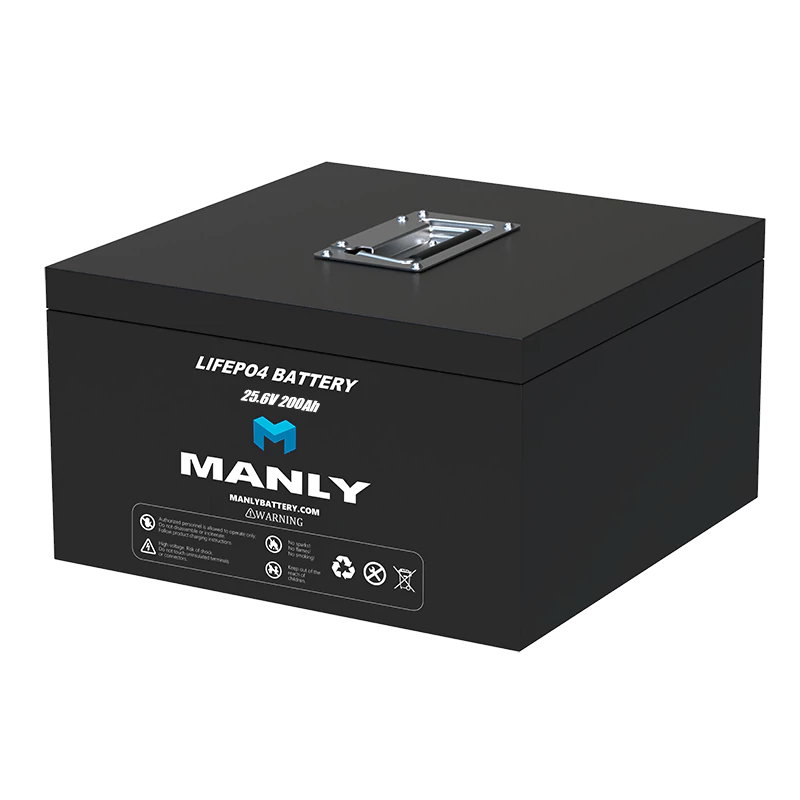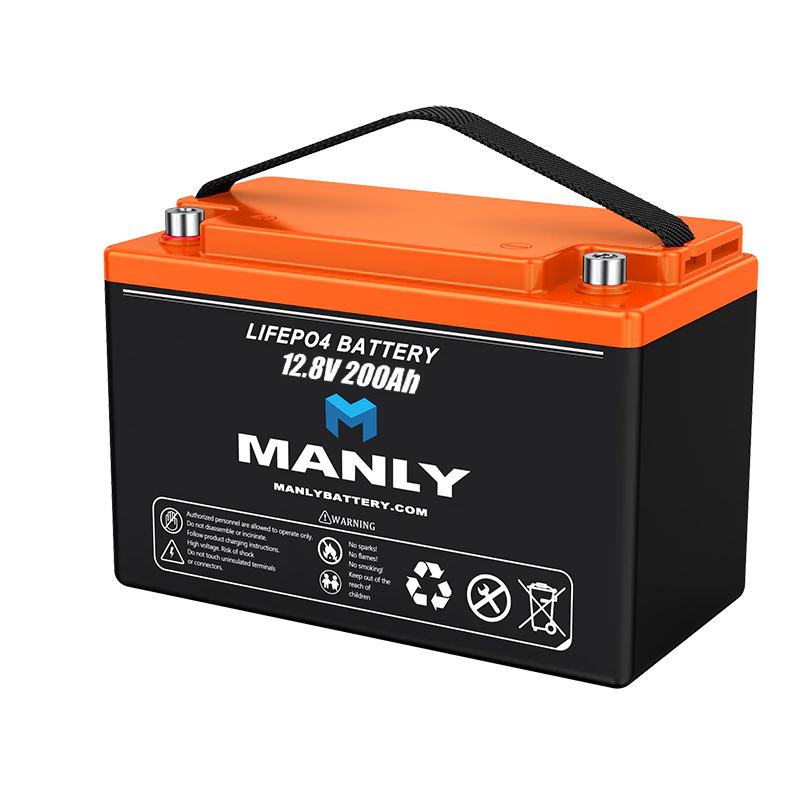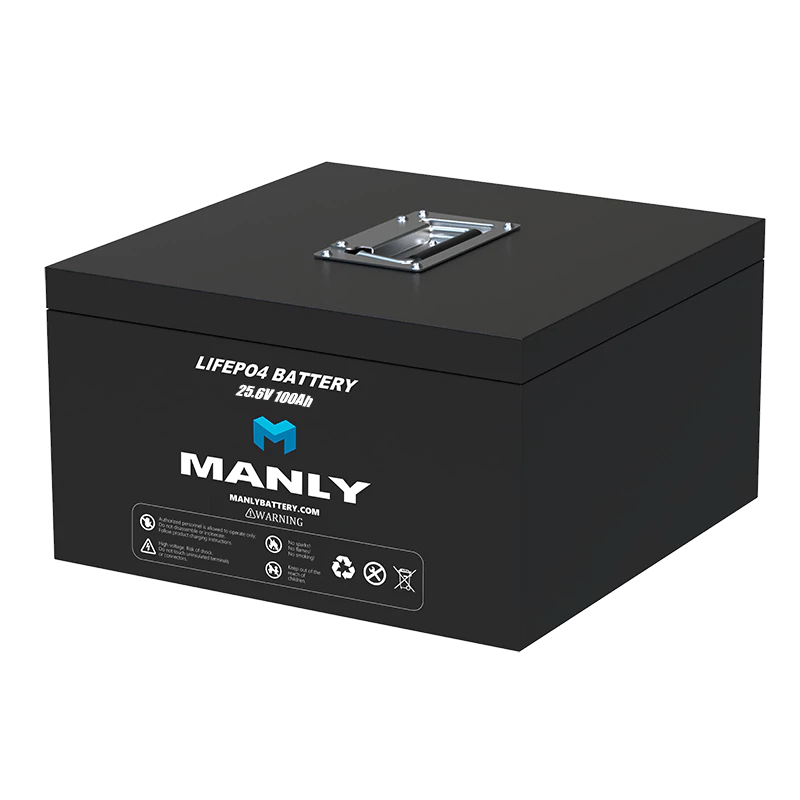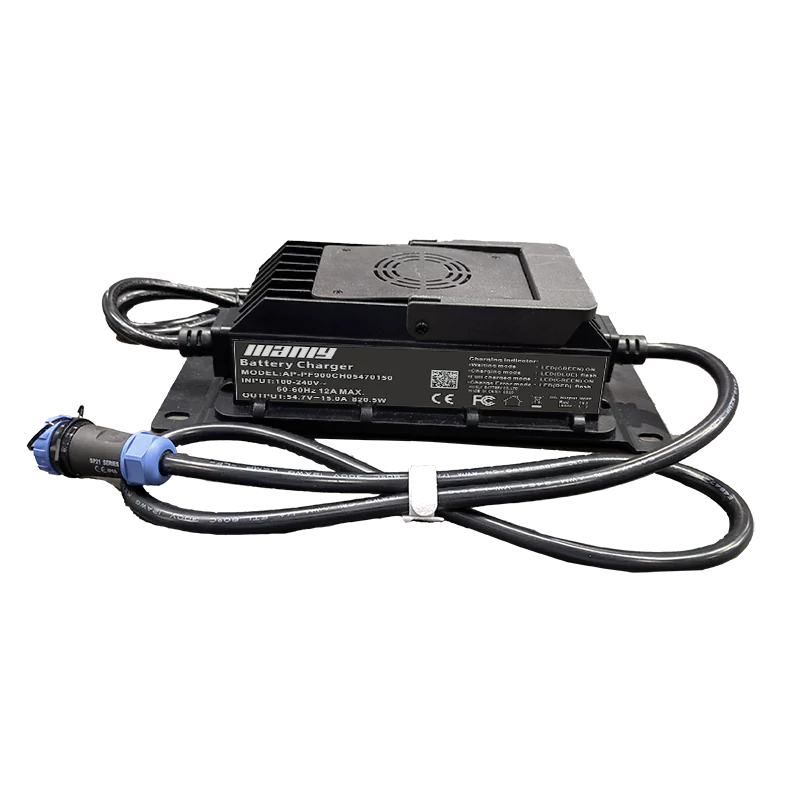More Products
Table of Contents
- Industrial Robots Boost: 24V 100Ah LiFePO4 Battery
- 1. Introduction
- 2. Why Choose 24V 100Ah LiFePO4 Battery for Industrial Robots?
- 3. Case Study: 24V 100Ah LiFePO4 Battery Boosts Efficiency in Palletizing Robot
- 4. 24V 100Ah LiFePO4 Battery Versus Conventional Battery
- 5. Tailoring 24V 100Ah LiFePO4 Battery Solutions to Industrial Robot Applications
- 6. Future Perspectives: 24V 100Ah LiFePO4 Battery and Industrial Robot Innovations
- 7. Conclusion
Industrial Robots Boost: 24V 100Ah LiFePO4 Battery
1. Introduction
The 24V 100Ah LiFePO4 battery has revolutionized the world of industrial automation by providing efficient, safe, and long-lasting power solutions for robots. Industrial robots are integral to modern manufacturing, and the right battery system can make all the difference in their performance. This is where Manly Battery comes into play as a reliable provider of high-quality 24V 100Ah LiFePO4 battery.Manly Battery boasts 13+ years of experience as a battery manufacturer, supplier, and OEM. Their battery factory spans 6500 square meters, and they hold certifications such as UN38.3, IEC62133, UL, and CE. All their products come with a 3-5 year warranty and 24-hour customer service. Furthermore, Manly Battery offers customization options for voltage, capacity, current, size, and appearance, ensuring their products meet clients' specific needs.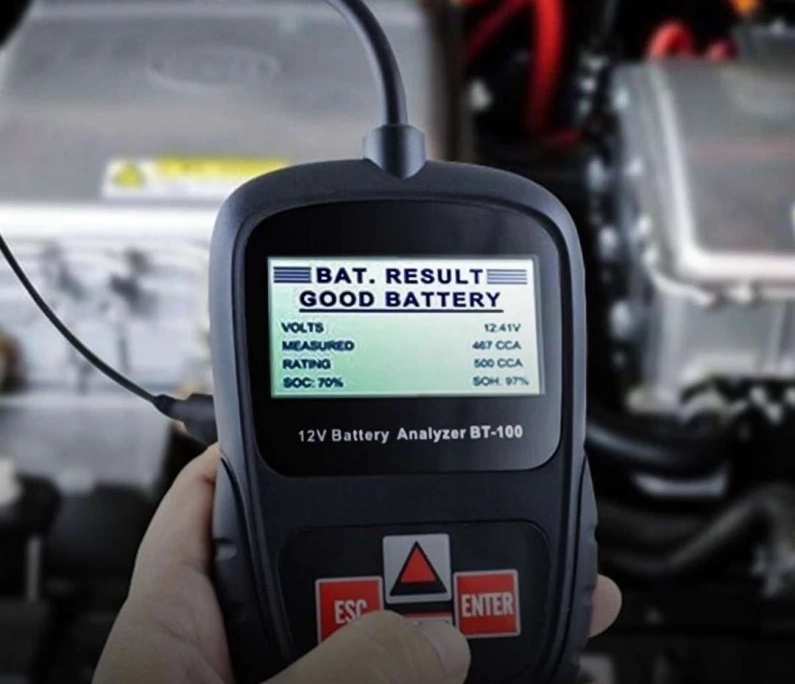
2. Why Choose 24V 100Ah LiFePO4 Battery for Industrial Robots?
Industrial robots require a dependable power source to operate efficiently and safely. The 24V 100Ah LiFePO4 battery offers several advantages over conventional batteries:2.1 Extended cycle life:
LiFePO4 batteries can last up to 2000-3000 charge cycles, significantly outperforming lead-acid and other lithium-ion batteries [1]. This longevity reduces the need for frequent replacements, cutting maintenance costs and downtime.2.2 Superior energy density:
LiFePO4 batteries have a higher energy density than lead-acid batteries, providing more power in a compact size. This enables robots to perform at higher efficiency levels and allows for sleeker designs.2.3 Increased safety features:
LiFePO4 batteries are less prone to thermal runaway compared to traditional lithium-ion batteries [2]. They are also more resistant to overcharging, short circuits, and extreme temperatures, ensuring safe operation in various industrial settings.2.4 Environmentally friendly and low maintenance:
LiFePO4 batteries contain no toxic heavy metals and have a lower environmental impact than lead-acid batteries. Additionally, they require minimal maintenance due to their robust chemistry and design.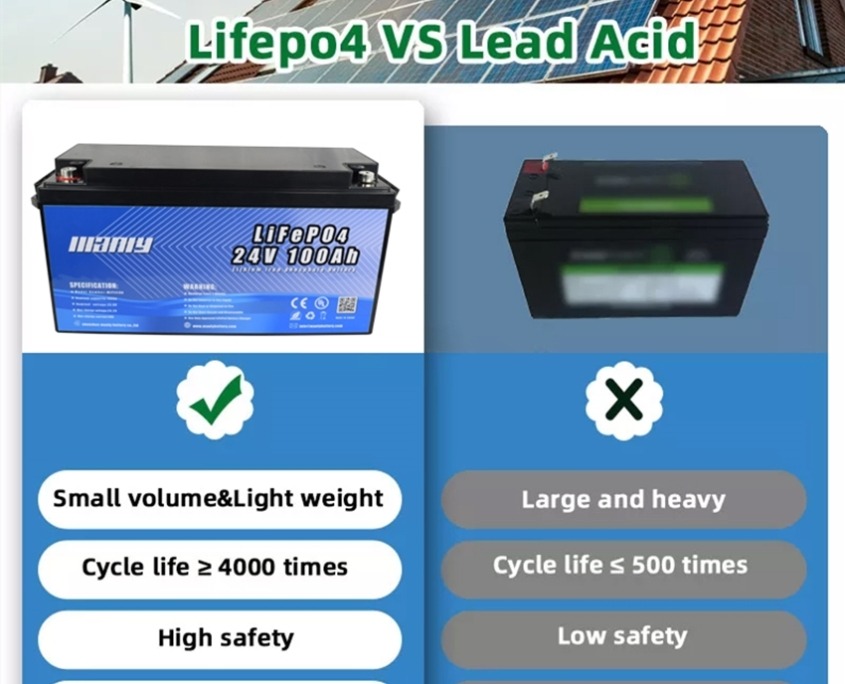
3. Case Study: 24V 100Ah LiFePO4 Battery Boosts Efficiency in Palletizing Robot
In a recent case study, a palletizing robot in a distribution center experienced significant efficiency gains after switching to a 24V 100Ah LiFePO4 battery from Manly Battery. The robot's primary function was to stack pallets with products, requiring precise movements and high power output.Upon implementing the 24V 100Ah LiFePO4 battery, the robot's performance improved dramatically. Data collected over six months demonstrated a 25% increase in productivity, with the robot completing tasks faster and requiring fewer breaks for recharging. Additionally, downtime for battery maintenance and replacements dropped by 40%, further boosting efficiency and reducing operational costs.4. 24V 100Ah LiFePO4 Battery Versus Conventional Battery
A comparison of energy density, safety, and longevity between 24V 100Ah LiFePO4 batteries and conventional batteries highlights the former's superiority. Real-life examples and studies support these claims:4.1 Energy density:
A study by the National Renewable Energy Laboratory (NREL) showed that LiFePO4 batteries have up to 60% higher energy density than lead-acid batteries, making them more suitable for high-power applications [3].4.2 Safety:
A report by the Battery University highlighted that LiFePO4 batteries have a thermal runaway temperature of over 270°C, compared to 150°C for traditional lithium-ion batteries [4]. This makes them safer for use in industrial environments where temperature fluctuations are common.4.3 Longevity:
Research published in the Journal of Power Sources revealed that LiFePO4 batteries can maintain 80% of their initial capacity after 2000 cycles, whereas traditional lithium-ion batteries typically degrade after 500-1000 cycles [5]. This extended lifespan translates to reduced maintenance costs and increased productivity.